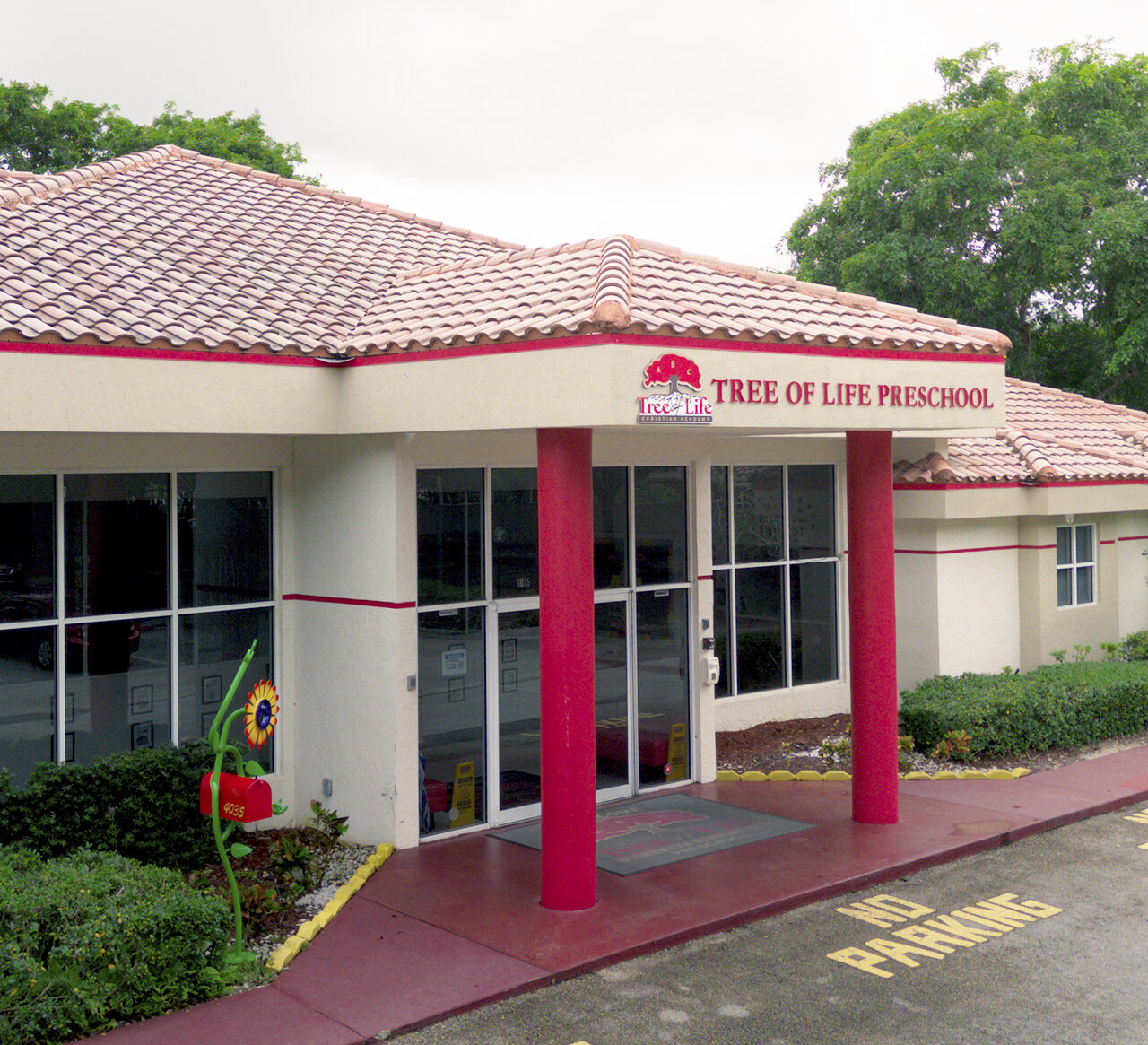
Kinder-Prep/VPK Program4 Year Olds

Kinder-Prep/VPK Program4 Year Olds


At Tree of Life Christian Academy, our Pre-Kindergarten (Pre-K) and Voluntary Pre-Kindergarten (VPK) programs prepare children for the exciting journey ahead—kindergarten! With a curriculum aligned to the Florida VPK standards, we provide the tools, skills, and confidence children need to thrive. By fostering curiosity and active engagement, we ensure that children leave our program ready to embrace kindergarten with enthusiasm.
Why Choose Our Kinder-Prep/VPK Program?
- Comprehensive Preparation: We incorporate essential skills into our curriculum, from language and math to social-emotional and physical development.
- Parent-Teacher Partnership: Collaboration between teachers and parents ensures a smooth transition to kindergarten, fostering success both academically and socially.
- Skill Building: Our program focuses on the foundational skills children need to succeed in kindergarten, giving them the confidence to hop, skip, and jump into their next adventure!
Located in Weston and Cooper City, our VPK program is ideal for families looking to give their children the best start in their educational journey.
Key Areas of Development:
– Gross Motor Skills: VPK children continue to refine their large motor skills. They develop better coordination for running, hopping, skipping, jumping, and climbing. Activities like playing on playground equipment, balancing, or playing simple games help build strength and coordination.
– Fine Motor Skills: Fine motor skills improve as children practice using scissors, drawing simple shapes, writing letters, and manipulating small objects like buttons, beads, or puzzles. They are becoming more adept at tasks requiring hand-eye coordination.
– Problem-Solving and Critical Thinking: VPK children begin to think logically and experiment with solving problems. They can understand basic cause-and-effect relationships (e.g., “If I press this button, the toy will make noise”) and use trial and error to find solutions.
– Math and Early Numeracy: Children begin understanding basic math concepts, such as counting, recognizing numbers, understanding quantities (more/less), and identifying simple shapes and patterns.
– Concepts of Time: Children start understanding basic concepts of time, like morning/afternoon, days of the week, and routines.
– Expanding Vocabulary: VPK children rapidly expand their vocabulary, learning words for objects, actions, and emotions. They also begin understanding more abstract concepts, such as “yesterday” or “tomorrow.”
– Sentence Structure and Grammar: Children begin to use more complex sentences and improve in grammar, using plurals, past tense, and simple conjunctions (e.g., “and,” “but”).
– Phonemic Awareness and Early Literacy: VPK children start recognizing letters and their corresponding sounds. They also develop skills like rhyming, identifying the beginning sounds of words, and recognizing their name in print. Many children begin to recognize a few sight words or start to “read” simple picture books.
– Self-Regulation: VPK children start developing the ability to regulate their emotions. They learn to manage frustration, share with others, and understand the impact of their actions on others.
– Independence and Confidence: At this stage, children start to show more confidence in their abilities, whether it’s in social settings, in expressing themselves, or in completing tasks.
– Empathy: Children become more aware of others’ emotions, showing empathy by comforting friends or noticing when others are sad or happy. They are more likely to offer help to peers in distress.
– Community and Roles: VPK children begin to understand the roles of various people in their community (e.g., doctors, teachers, police officers) and how they contribute to the well-being of society.
– Basic Geography: They may start recognizing concepts like “near” and “far,” and begin identifying the environment, such as understanding the difference between indoor and outdoor spaces, or recognizing landmarks like the school or park.
– Cultural Awareness: Children may learn about different cultures, traditions, and celebrations, helping them develop an appreciation for diversity.
– Artistic Expression: VPK children engage in creative activities such as drawing, painting, and crafting. They begin experimenting with colors, textures, and shapes, and can express their ideas through art.
– Imaginative Play: Pretend play continues to thrive at this stage. Children use toys, props, or their imagination to create stories and role-play (e.g., pretending to be a doctor, teacher, or superhero), helping develop social and emotional understanding.
– Music and Movement: Music activities (singing songs, dancing, or playing instruments) help children develop rhythm, coordination, and creative expression.
– Personal Responsibility: Children begin taking on simple tasks to promote independence, such as putting away their own belongings, helping set the table, or choosing their own clothes.
– Self-Care Skills: VPK children continue to develop self-help skills like washing their hands independently, using the toilet independently, and eating without assistance. They may also start learning to dress themselves.
– Decision Making: Children are encouraged to make simple decisions, such as choosing which activity to do or which book to read, building autonomy and confidence.
– Improved Attention Span: VPK children begin developing the ability to stay focused on an activity for longer periods. They can sit for circle time, engage in small group tasks, or complete puzzles or arts and crafts projects with more sustained attention.
– Following Instructions: Children are expected to follow more complex instructions, often with 2-3 steps (e.g., “Please pick up your toys, wash your hands, and sit down for snack time”).
– School Readiness: The primary goal of VPK is to prepare children for kindergarten by fostering the basic academic, social, and emotional skills they will need in a more structured educational setting.
– Academic Foundations: VPK introduces key literacy and math concepts (e.g., letter recognition, counting, simple addition/subtraction) that form the foundation for future learning.
– Social Skills: Children learn to interact with peers, follow routines, and adjust to a classroom environment, ensuring they are ready to transition smoothly into the more structured setting of kindergarten.
Tour and Enroll Today!
Give your child the best start at Tree of Life Christian Academy, where education is enriched with care and creativity.
Contact us today to secure your spot and be part of our thriving community!
Give your child the best start at Tree of Life Christian Academy, where education is enriched with care and creativity.
Contact us today to secure your spot and be part of our thriving community!


